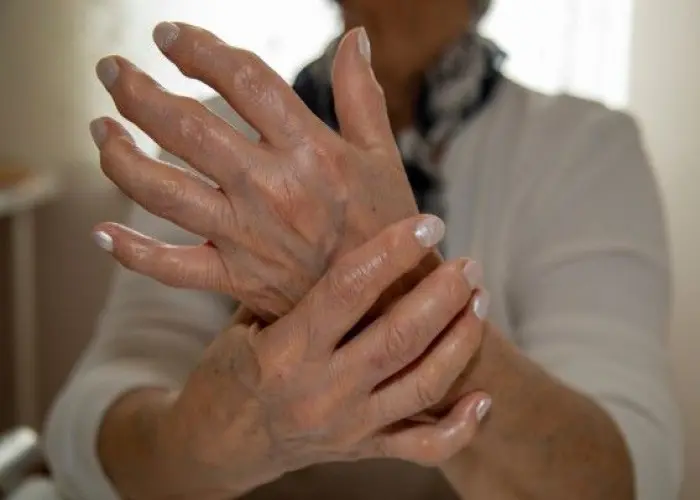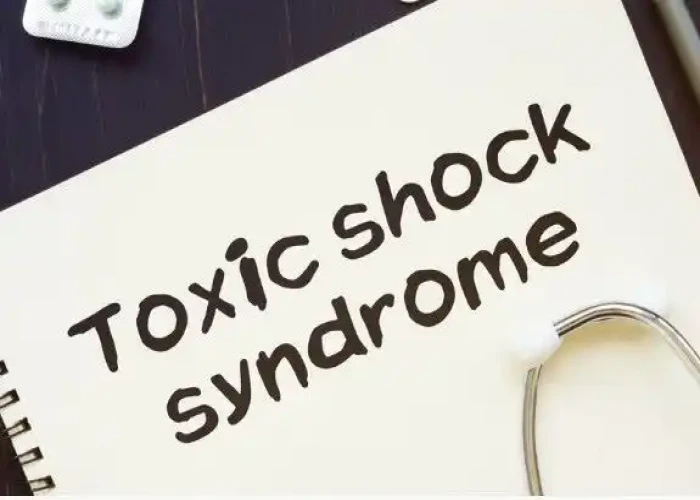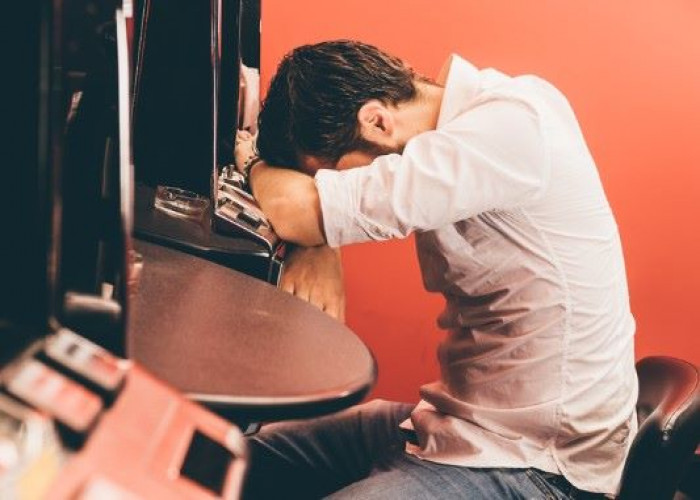 Welcome
Welcome
“May all be happy, may all be healed, may all be at peace and may no one ever suffer."
Compulsive gambling

Compulsive gambling, also known as gambling disorder, is a behavioral addiction characterized by a persistent and uncontrollable urge to gamble, despite negative consequences such as financial problems, strained relationships, and other personal or professional issues. People with gambling disorder may continue to gamble even when they know it is causing harm to themselves or others. The disorder can manifest in various forms, such as playing slot machines, table games, sports betting, or online gambling. Causes of gambling disorder may include genetic, environmental, and psychological factors, and the disorder is often associated with other mental health conditions such as depression and anxiety. Treatment for gambling disorder may involve psychotherapy, medication, or a combination of both. Cognitive-behavioral therapy (CBT) is a commonly used form of psychotherapy that can help individuals identify and change their gambling-related thoughts and behaviors. Support groups such as Gamblers Anonymous can also provide ongoing support for individuals in recovery.
Research Papers
Disease Signs and Symptoms
- Being preoccupied with gambling, such as constantly planning how to get more gambling money
- Needing to gamble with increasing amounts of money to get the same thrill
- Gambling to escape problems or relieve feelings of helplessness, guilt, anxiety or depression
- Trying to get back lost money by gambling more (chasing losses)
- Lying to family members or others to hide the extent of gambling
- Jeopardizing or losing important relationships, a job, or school or work opportunities because of gambling
- Resorting to theft or fraud to get gambling money
Disease Causes
Compulsive gambling
Exactly what causes someone to gamble compulsively isn't well-understood. Like many problems, compulsive gambling may result from a combination of biological, genetic and environmental factors.
Disease Prevents
Compulsive gambling
Although there's no proven way to prevent a gambling problem, educational programs that target individuals and groups at increased risk may be helpful.
If you have risk factors for compulsive gambling, consider avoiding gambling in any form, people who gamble and places where gambling occurs. Get treatment at the earliest sign of a problem to help prevent gambling from becoming worse.
Disease Treatments
Treating compulsive gambling can be challenging. That's partly because most people have a hard time admitting they have a problem. Yet a major component of treatment is working on acknowledging that you're a compulsive gambler.
If your family or your employer pressured you into therapy, you may find yourself resisting treatment. But treating a gambling problem can help you regain a sense of control — and perhaps help heal damaged relationships or finances.
Treatment for compulsive gambling may include these approaches:
- Therapy. Behavior therapy or cognitive behavioral therapy may be beneficial. Behavior therapy uses systematic exposure to the behavior you want to unlearn and teaches you skills to reduce your urge to gamble. Cognitive behavioral therapy focuses on identifying unhealthy, irrational and negative beliefs and replacing them with healthy, positive ones. Family therapy also may be helpful.
- Medications. Antidepressants and mood stabilizers may help problems that often go along with compulsive gambling — such as depression, OCD or ADHD. Some antidepressants may be effective in reducing gambling behavior. Medications called narcotic antagonists, useful in treating substance abuse, may help treat compulsive gambling.
- Self-help groups. Some people find that talking with others who have a gambling problem may be a helpful part of treatment. Ask your health care professional for advice on self-help groups, such as Gamblers Anonymous and other resources.
Treatment for compulsive gambling may involve an outpatient program, inpatient program or a residential treatment program, depending on your needs and resources. Treatment for substance abuse, depression, anxiety or any other mental health disorder may be part of your treatment plan for compulsive gambling.
Relapse prevention
Even with treatment, you may return to gambling, especially if you spend time with people who gamble or you're in gambling environments. If you feel that you'll start gambling again, contact your mental health professional or sponsor right away to head off a relapse.
Disease Diagnoses
Disease Allopathic Generics
Disease Ayurvedic Generics
Disease Homeopathic Generics
Disease yoga
Compulsive gambling and Learn More about Diseases

Prescription drug abuse

Meralgia paresthetica

Metabolic syndrome

Guillain-Barre syndrome

Krabbe disease

Toxic shock syndrome

Spontaneous coronary artery dissection (SCAD)

Vasculitis
Compulsive gambling, Chronic gambler, কমপালসিভ গ্রাম্বলিং
To be happy, beautiful, healthy, wealthy, hale and long-lived stay with DM3S.
